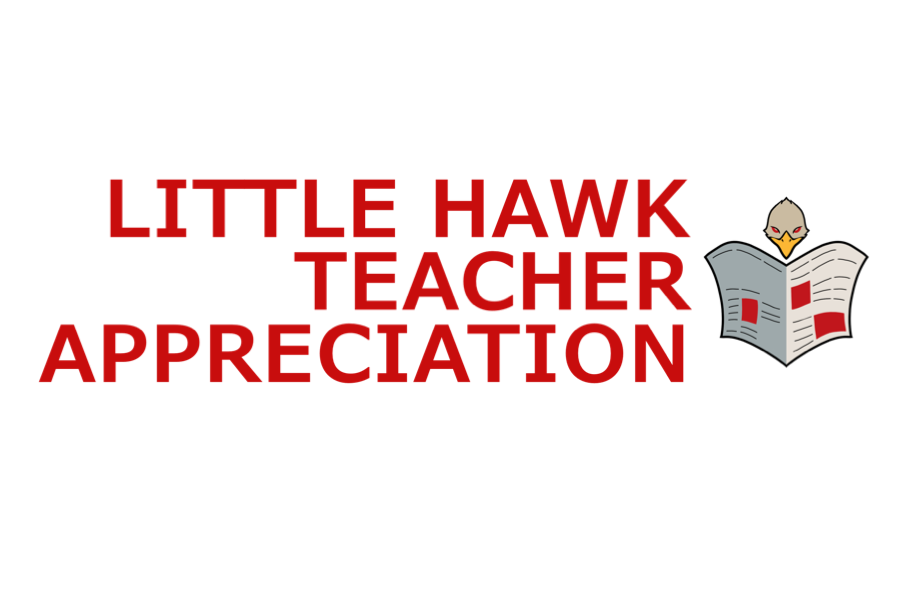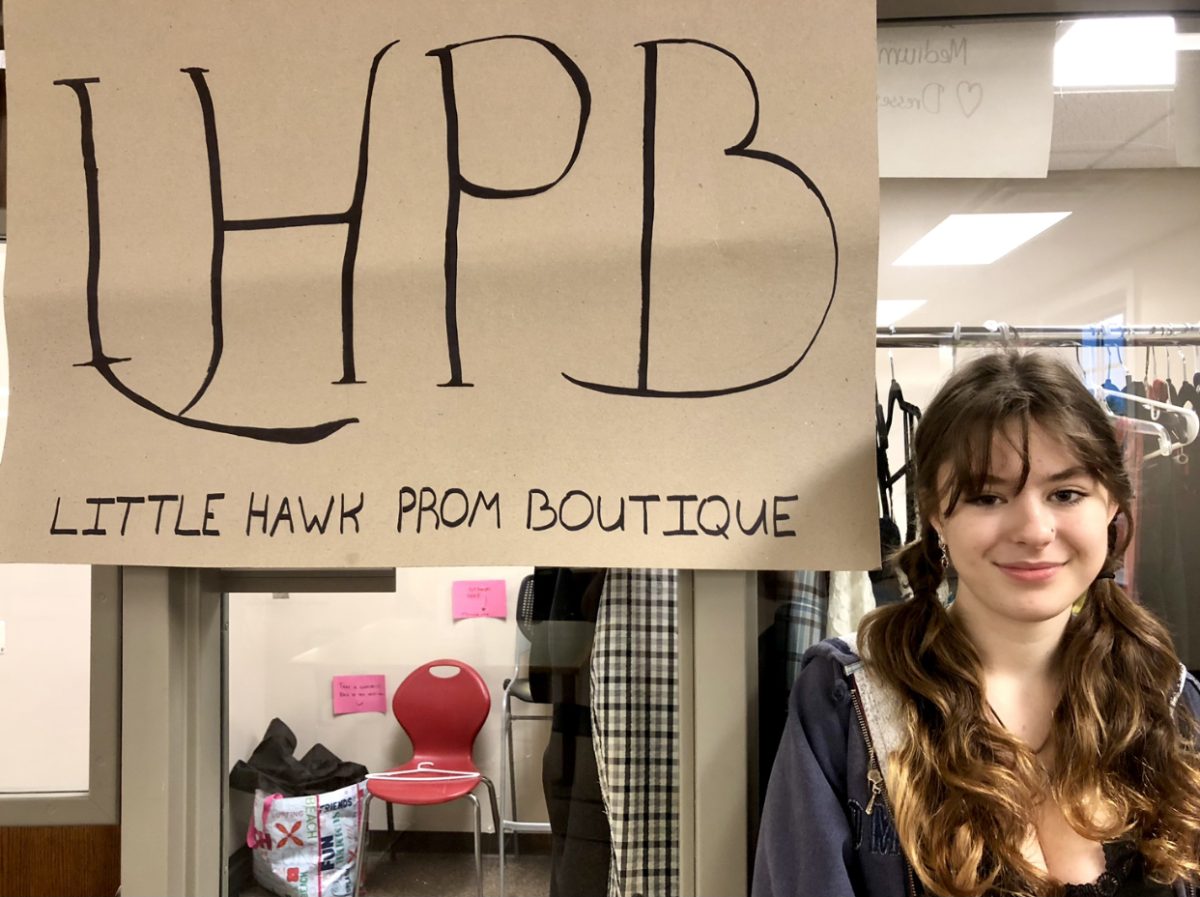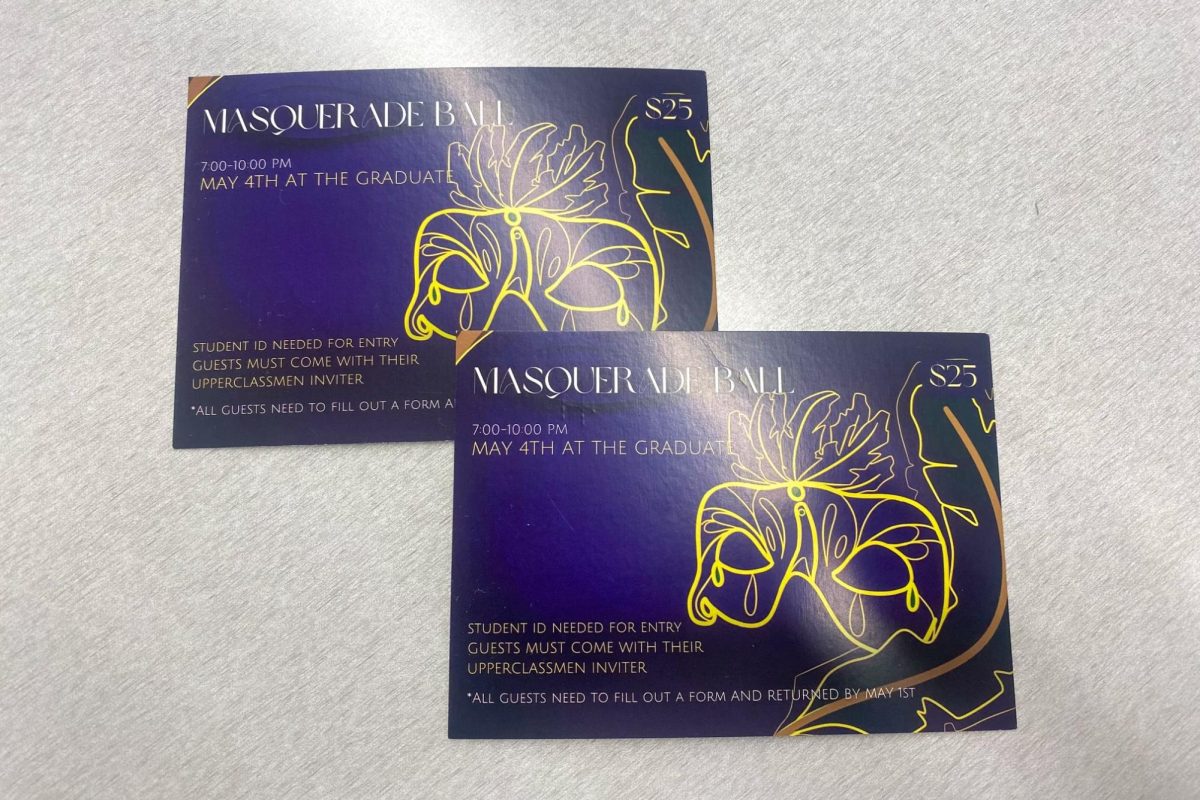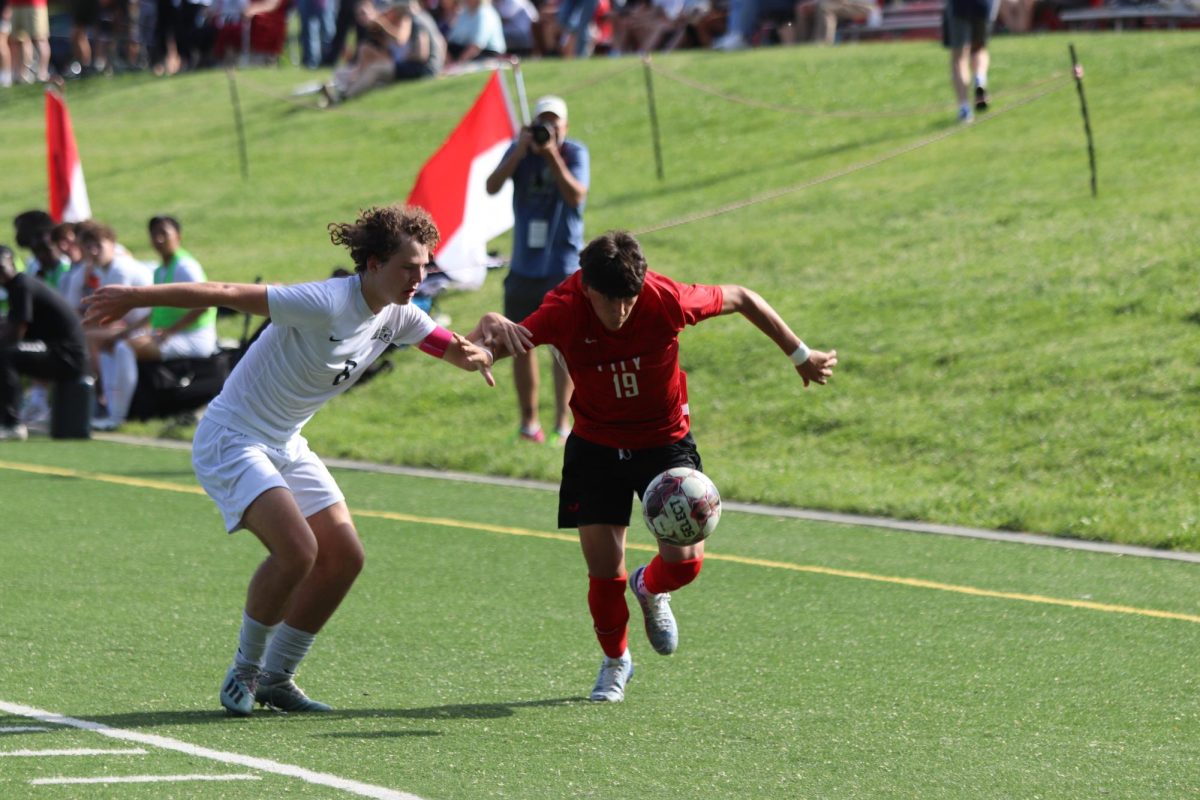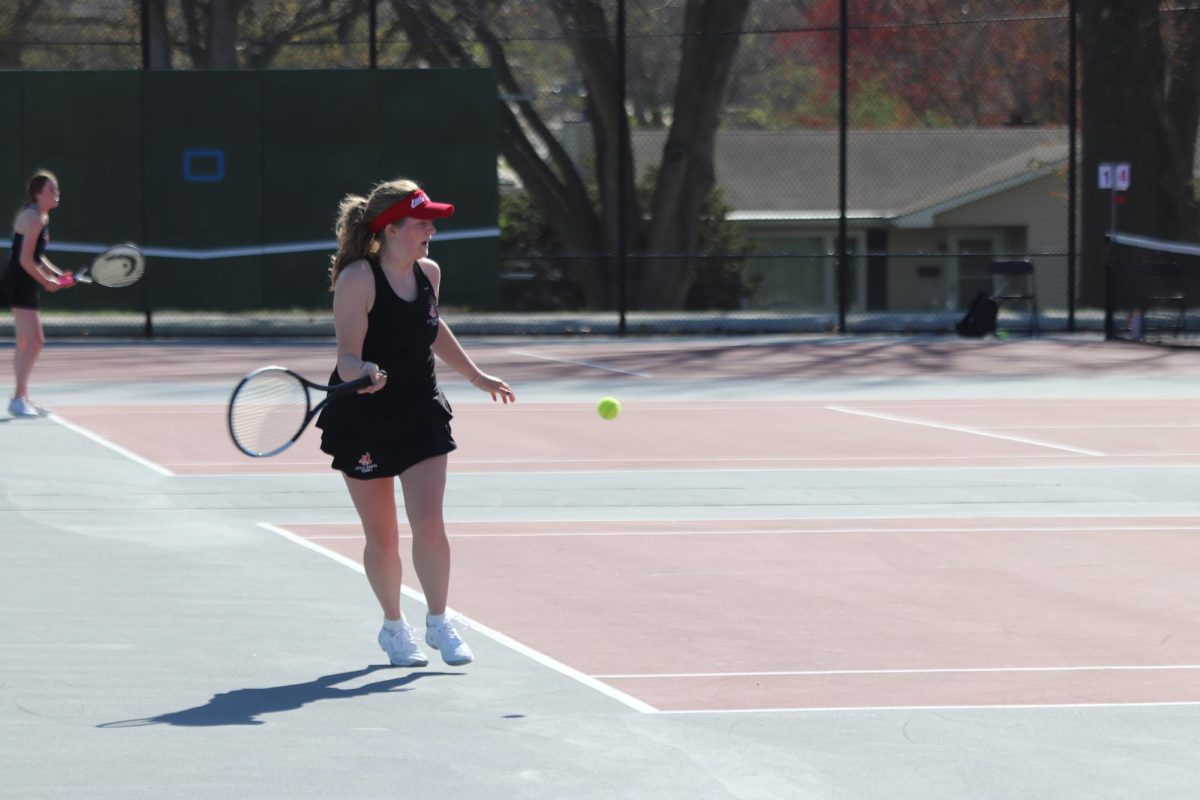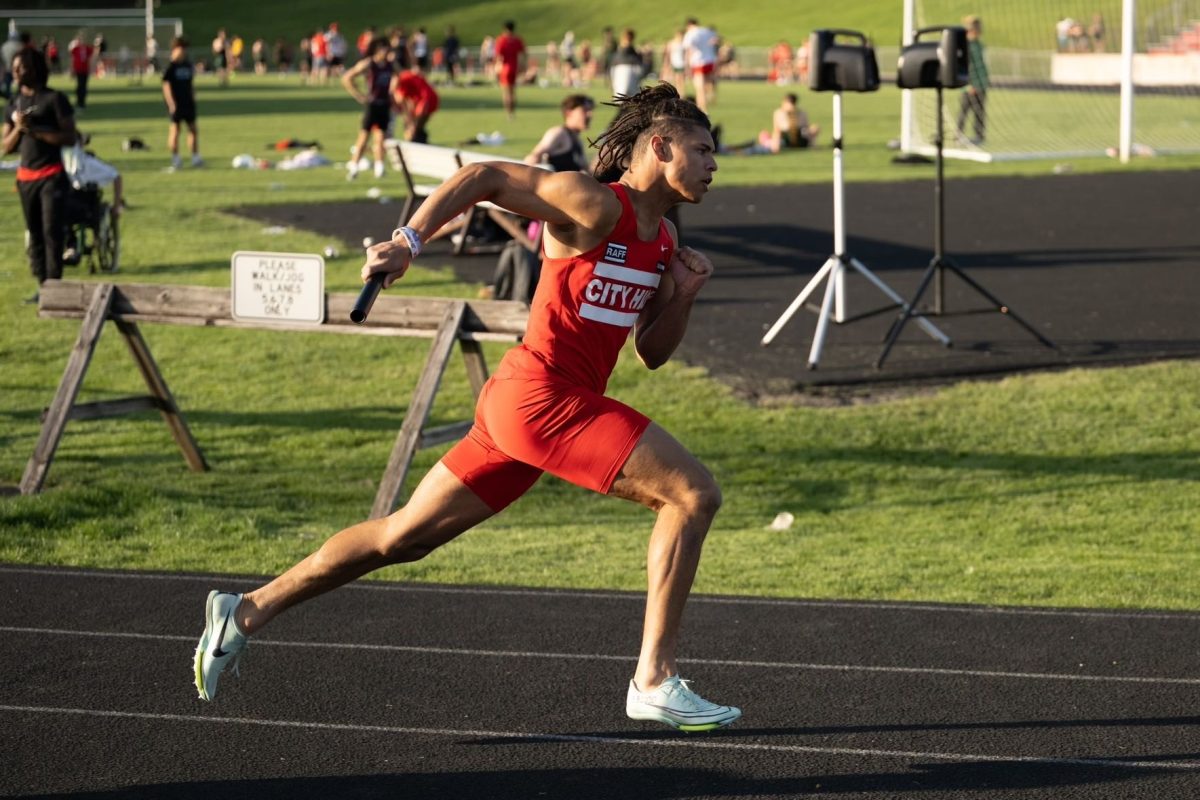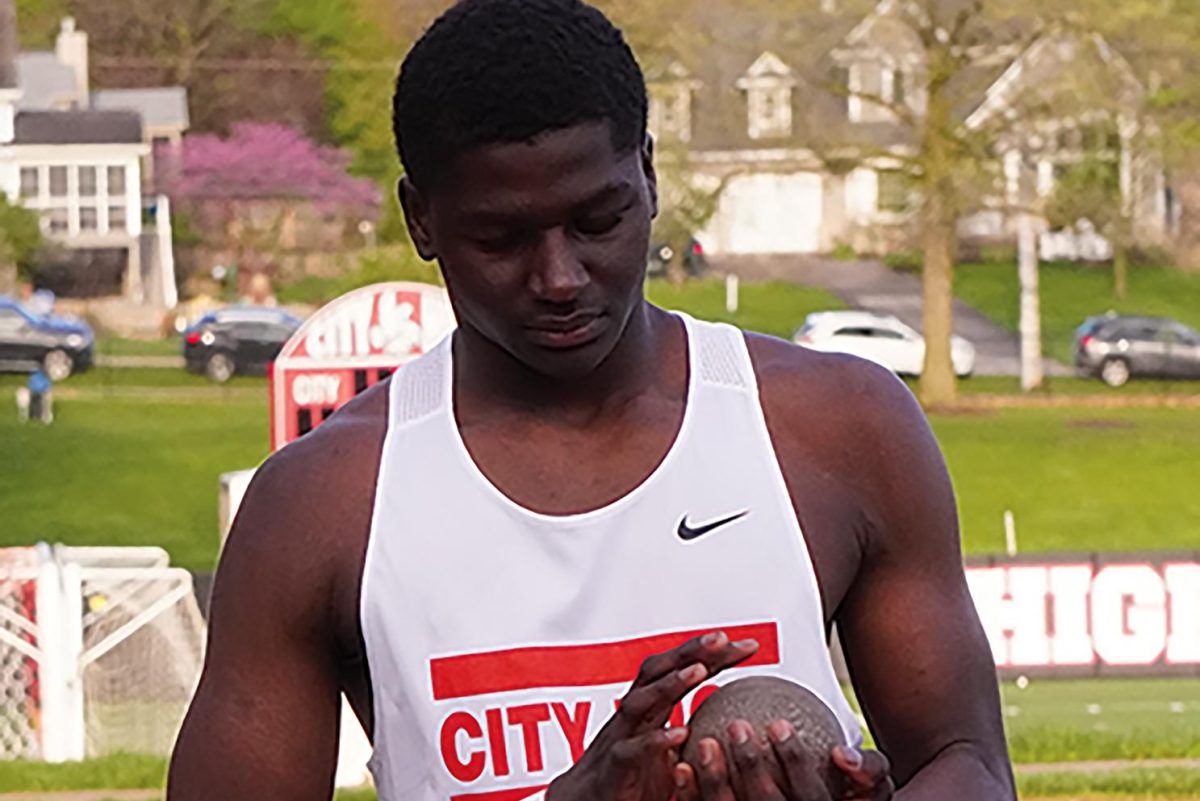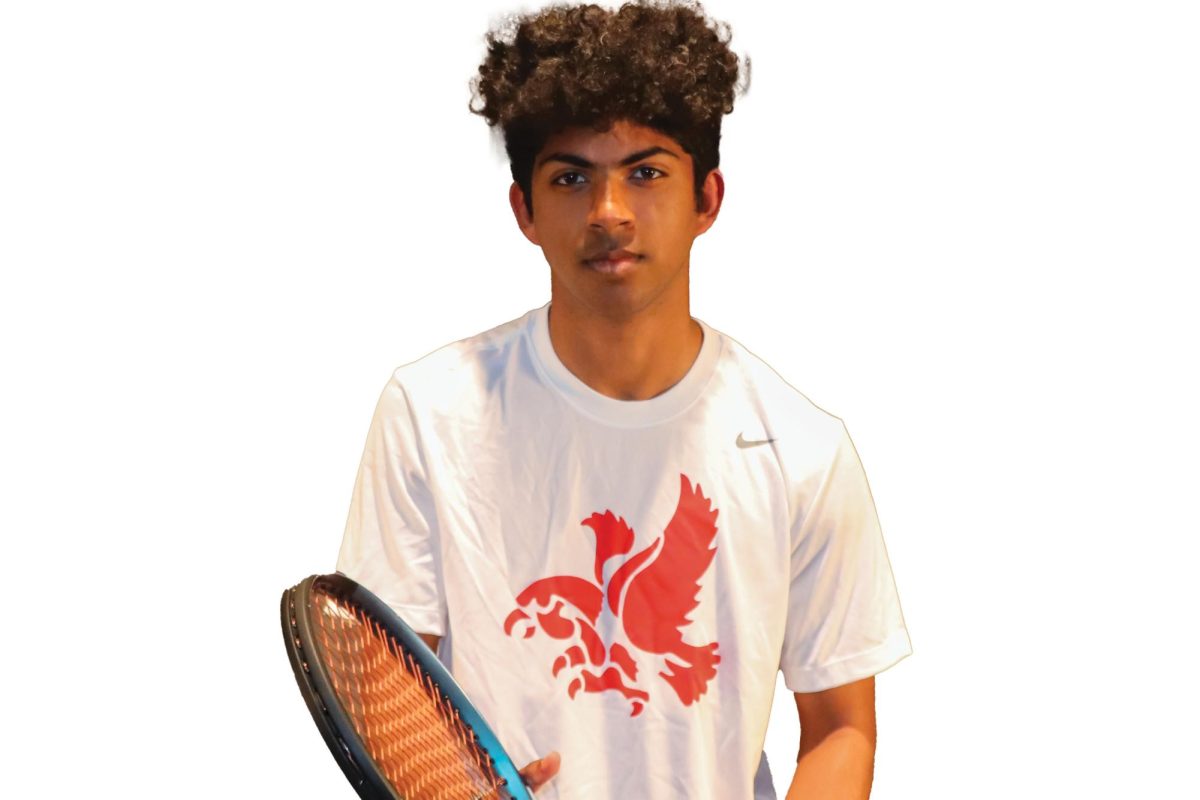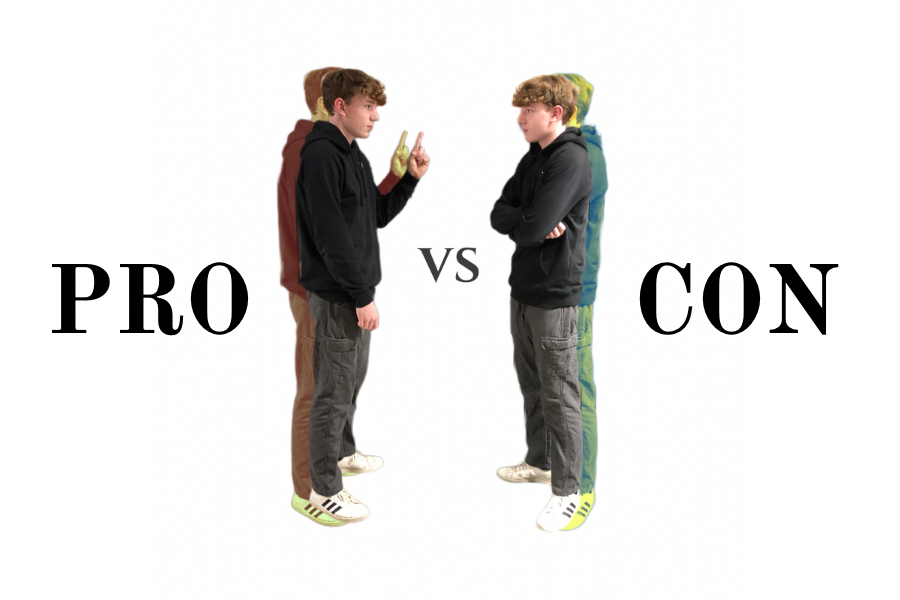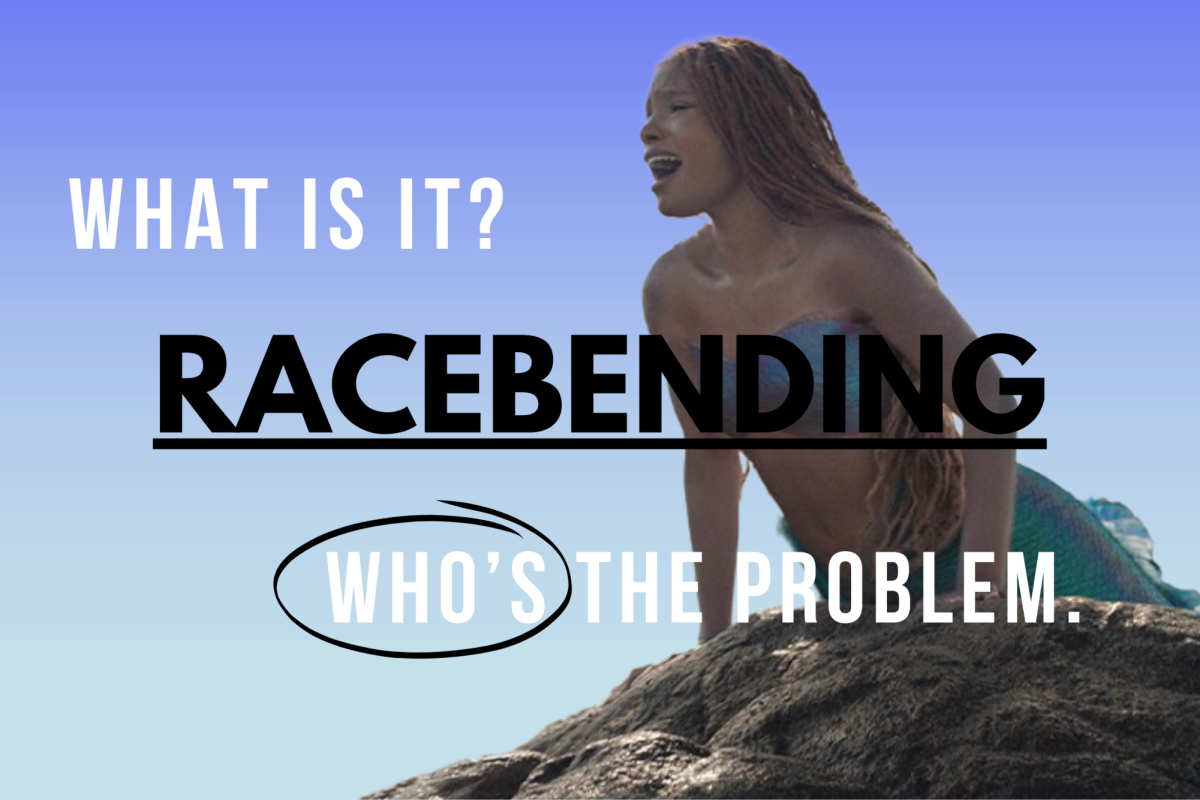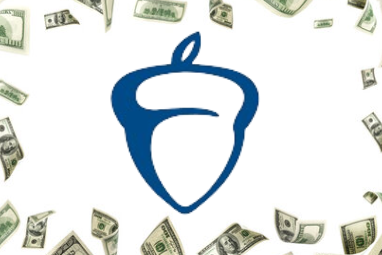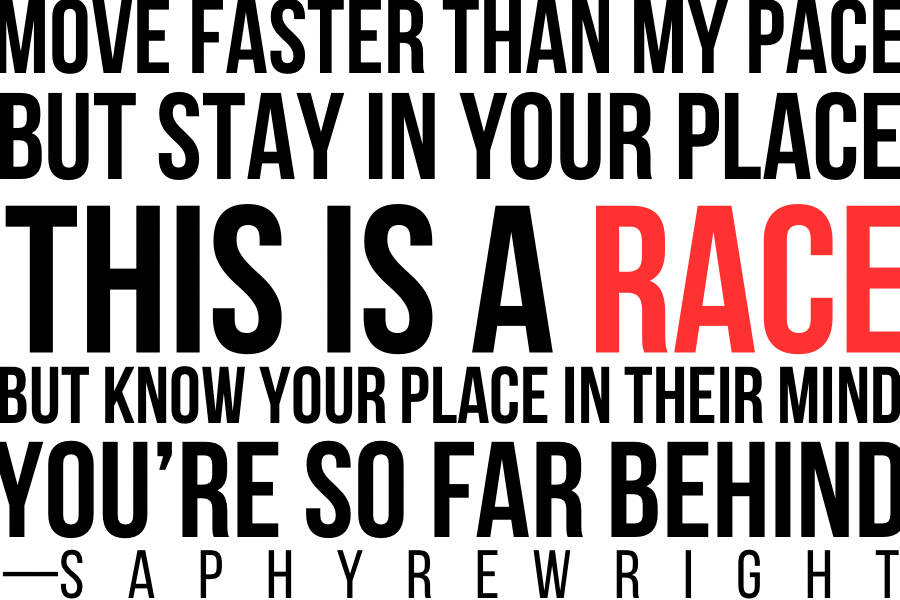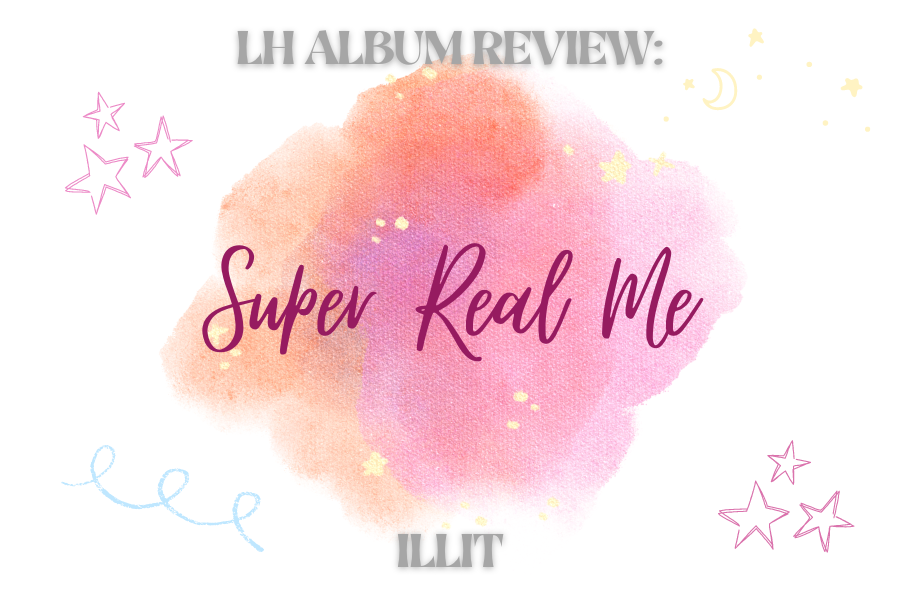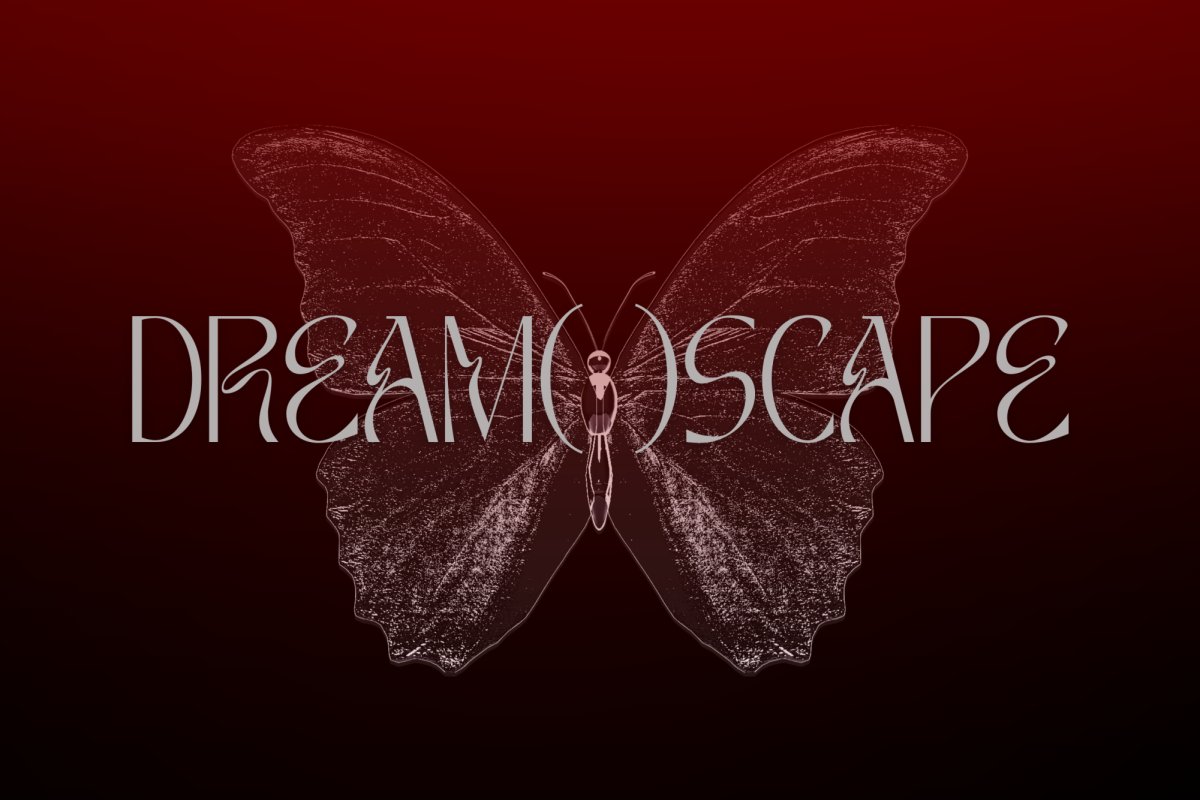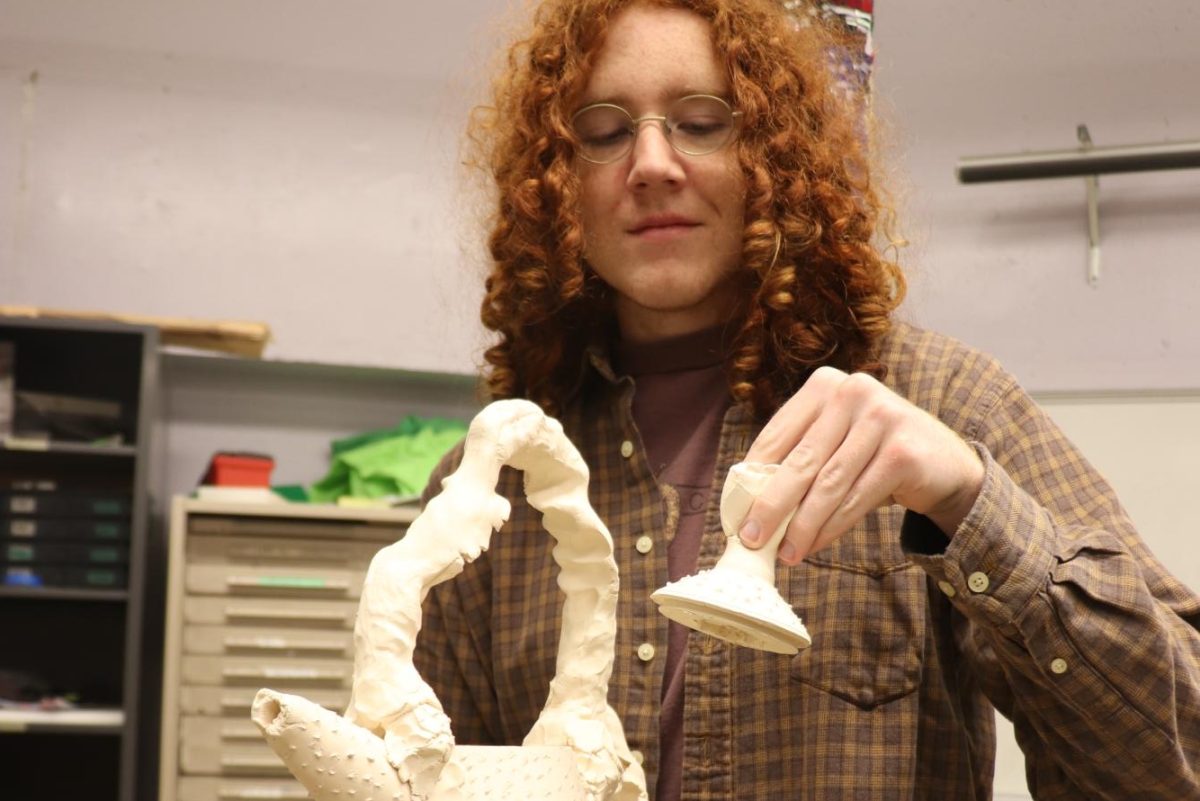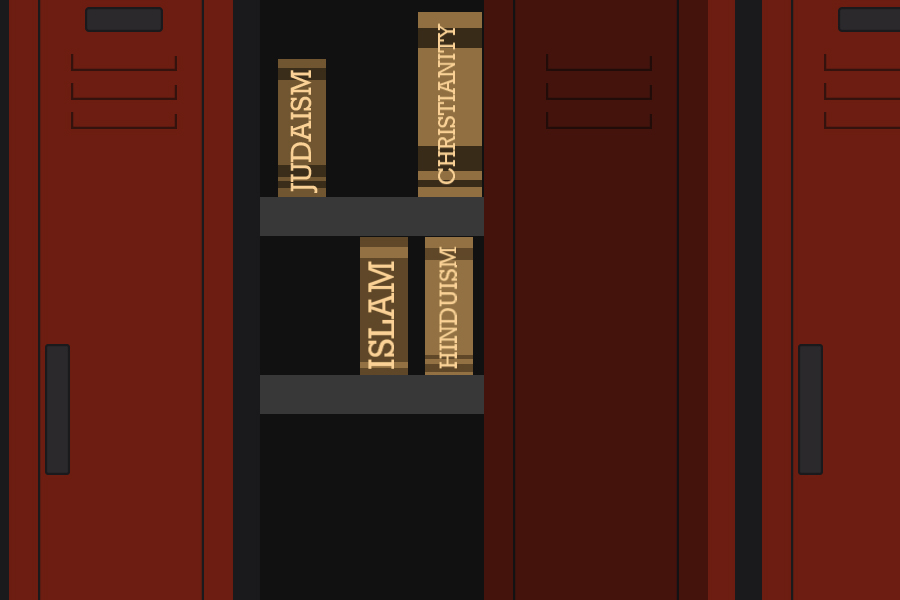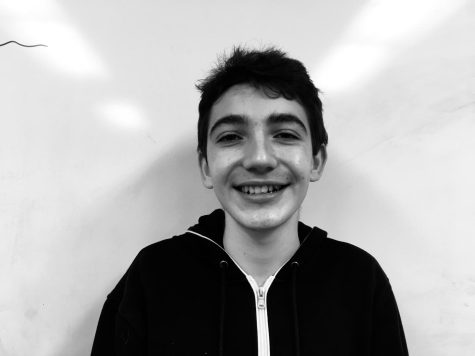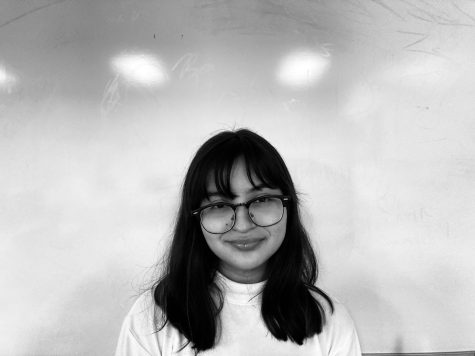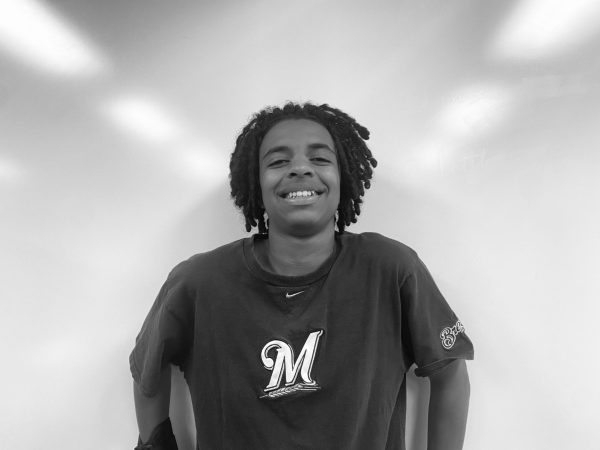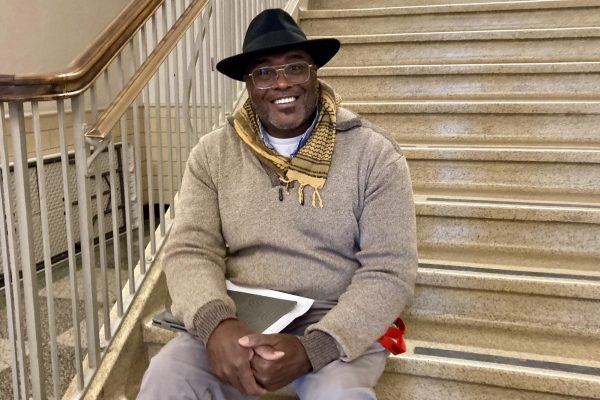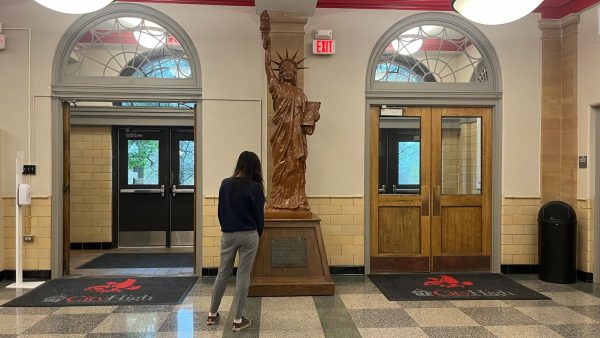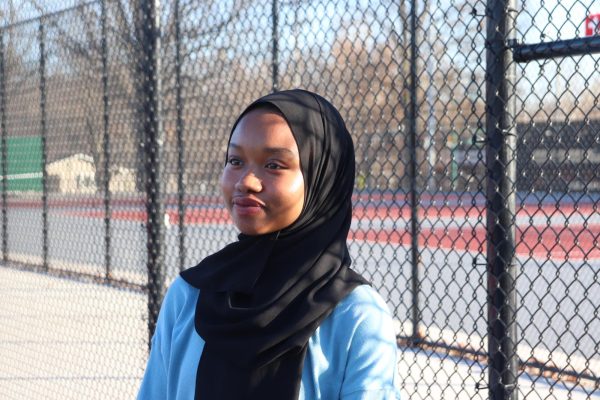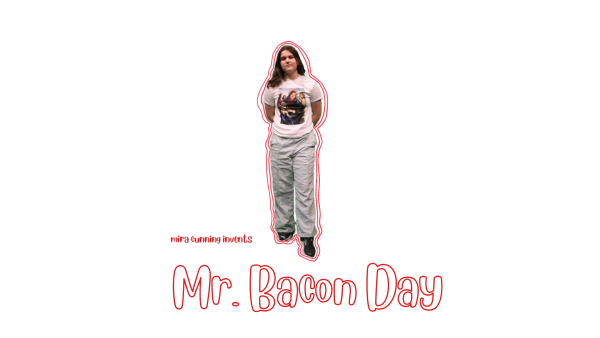Religion in Public Schools
How much of a role can and should religion play in our public school system?
Students see Christianity playing a more prominent role in public schools than other religions.
April 18, 2022
The number of people in the United States who identify as not religious or with a nonChristian religion is increasing according to the Pew Research Center. Despite this, Christianity continues to be the most practiced religion with 70.6 percent of the US population identifying as some denomination of Christian. For Ari Collins ‘23 who identifies as Jewish, he sees this strong leaning toward Christianity reflected at school.
“I think most of the stuff about religion we talked about was Christianity. We never really talked about Judaism in school that much,” Collins said. “They weren’t teaching [that] this is the right way but just talking about major religions, we mostly talked about Christianity.”
Ashley Kelly ‘23 thinks that, especially once you get to high school, you learn more about certain religions over others depending on what classes you take. For her, an example that comes to mind is choir where much of the genre of music is based on sacred themes or texts.
“I started [choir] in fourth grade. At city high [many of the] songs just have one religion,” Kelly said. “I’ve seen a few other spirituals that aren’t of the Christian religion, but primarily what I’ve been singing and looking at is mostly Christian.”
John Burkle, who is a government teacher at City High, is used to speaking with students about the legality of discussing religion in public schools.
“I discuss a lot about freedom of religion, that you have the right to worship in any way that you want to as long as it doesn’t conflict with secular law,” Burkle said. “I talk about how the government can’t establish a religion so you have the ability to choose which [religion] you want.”
Kelly thinks that religion should have a place in schools in the form of clubs and extracurriculars such as those that City High has. In the 2021-22 school year, City High officially has two religion-related clubs, Rosary Club and Jewish Youth Group. However, Kelly adds that she thinks there should still be limitations on how big of a role religion can play in schools.
“I don’t think religion in schools is bad. I just think that when it’s part of your curriculum and it’s part of everyone’s school day, that is just kind of unacceptable,” Kelly said. “People are free to practice religion, of course, and I think that they can do that in schools by building a community with clubs.”
The biggest issue, according to Kelly, is when one religion becomes overwhelmingly favored and talked about over others.
“I think that learning about and hearing about the Christian religion happens every day, whether you’re in an elective class or not,” Kelly said. “To really learn about a different religion, you have to take a whole nother class. It’s not something that’s commonly brought up.”
Burkle sees students often having a misconception that religion cannot be talked about at all in public schools which he says simply is not true.
“I think that sometimes students feel that any discussion of religion should be off-limits, which is a major misunderstanding,” Burkle said. “We can discuss religion, we can talk about the history of religion. We just can’t endorse one religion over the other.”
Despite this, Collins says that the deep-rooted history that Christianity has in the United States, along with the fact that 77 percent of Iowans identify as Christian, still shows through in the education system.
“The major religion in America is Christianity, so more students, and teachers are going to be Christian,” Collins said. “[In addition], American history is often written by people who were Christian, so I feel like it comes up more often and it’s seen as more important of a religion for American history.”
Kelly thinks that the general favoritism towards Christianity can lead to some students who don’t identify with that religion feeling left out.
“They always say that you should always have a place to fit in at school. I feel like when you go to class, and you’re constantly learning about a different religion and you’re not getting any representation for your own, that would make you feel out of place and like you shouldn’t be there,” Kelly said. “When I have not felt like I fit in, it’s not a good feeling. I think that most people don’t think about how other people feel when they speak about religion because it’s a topic that has been so lightly thrown around.”
Burkle believes that when talking about the role religion plays in school, it is impossible not to bring up the holidays that public schools get off, and more importantly, the holidays that we don’t get off.
“I think the entirety of my teaching career, our school calendar has usually revolved around Christian holidays,” Burkle said. “The district has been doing a better job of including other religious holidays in the calendar and major holidays having those off. I think predominantly you see a lot more of Christianity influence schools than other [religions].”
Starting in the 2021-22 school year, ICCSD no longer holds classes on the Jewish holiday of Yom Kippur and the Muslim holiday of Eid al-Fitr off. The calendar change only happened after a three-year push from students. Collins supports the changes the district made to the calendar and thinks that it is only fair to give major holidays off to all religions.
“I think it’s okay to have days off for major holidays of any religion as long as it’s for all the religions and you’re not just like, ‘Okay, we’re gonna have Christmas off, but that’s it. Everybody else you’re gonna have to get those absences or you’re gonna have to skip out on school,’” Collins said.
Burkle concludes that although there will still be a debate on whether or not religion is too prominent in school, he thinks there has continued to be improvements by the school board in making ICCSD a more inclusive place for people of all religions.
“I’ve been teaching in Iowa City for 17 years. I don’t think religion plays a huge influence on decision making and classes and things along those lines, it’s more of a peripheral issue,” Burkle said. “It probably doesn’t affect the majority of students, but it might affect a few students, and those people still need to be considered when these decisions are being made.”


